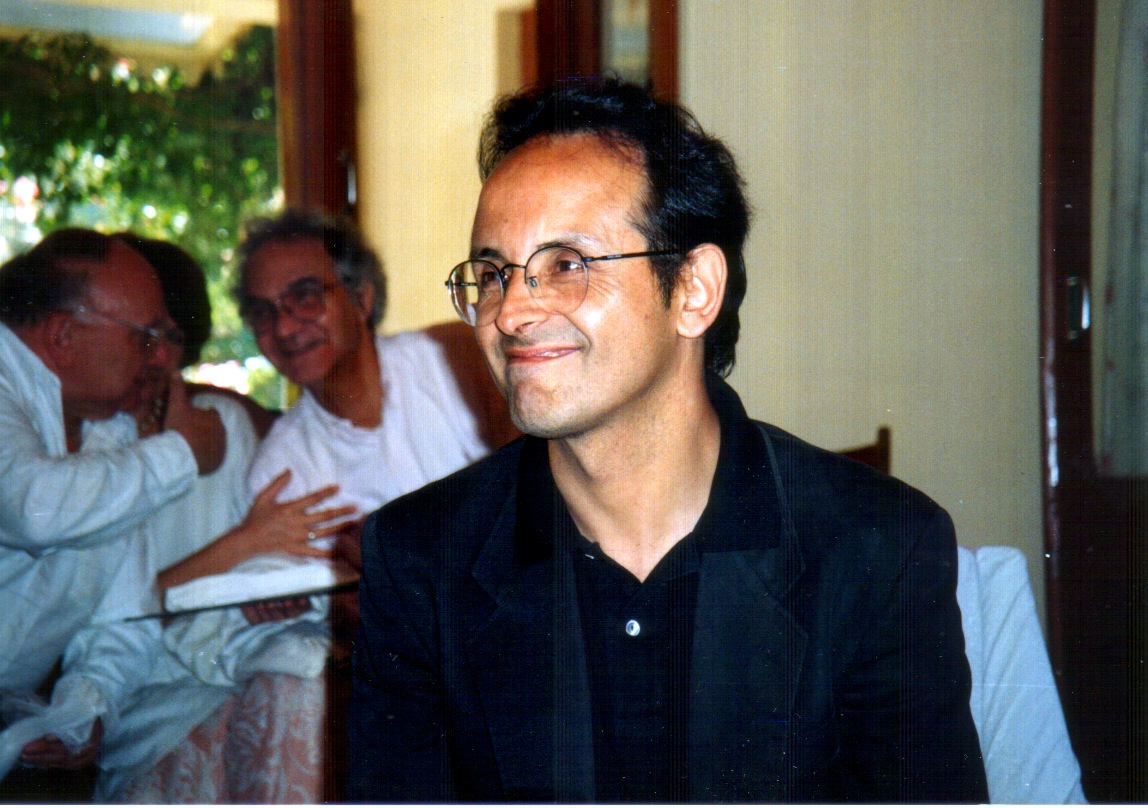The Emergent Self (1995)
Francisco Varela: Idézetek angolul
Varela (1975) in: Anne Waldman eds. (1975) The Coevolution quarterly. Nr. 8-12, p. 31
The Emergent Self (1995)
Varela (1998) " The Cosmos Letter http://www.expo-cosmos.or.jp/letter/letter12e.html", Expo'90 Foundation, Japan
Forrás: Autopoiesis and cognition: The realization of the living (1980), p. 137
Forrás: Autopoiesis and cognition: The realization of the living (1980), p. 80 as cited in: Lee O. Thayer, George A. Barnett (1997) * Organization-Communication: Emerging Perspectives, Volume 5:. p. 193
Maturana and Varela (1987) The Tree of Knowledge as cited in: Fritjof Capra (1996) The Web of Life. p. 330
“I’m a biologist who has been interested in the biological roots of cognitive phenomena”
Varela (1990) Cited in: D. Rudrauf (2003) " From autopoiesis to neurophenomenology: Francisco Varela's exploration of the biophysics of being http://www.scielo.cl/pdf/bres/v36n1/art05.pdf". In: Biol Res 36: 27-65
Forrás: The Embodied Mind (1991), p. 249
Varela (1977) "On being autonomous: The lessons of natural history for systems theory. In: George Klir (ed.) Applied Systems Research. New York: Plenum Press. p. 77-85 as cited in: D. Rudrauf (2003) " From autopoiesis to neurophenomenology: Francisco Varela's exploration of the biophysics of being http://www.scielo.cl/pdf/bres/v36n1/art05.pdf". In: Biol Res 36: 27-65
Varela (1996) "Neurophenomenology : A methodological remedy for the hard problem" in: Journal of Consciousness Studies, J. Shear (Ed.), June 1996. Cited in: Francisco J. Varela 1946 - 2001 http://www.enolagaia.com/Varela.html on enolagaia.com, 2013
Forrás: The Embodied Mind (1991), p. 142
Forrás: The Embodied Mind (1991), p. 63
The Emergent Self (1995)
Forrás: The Embodied Mind (1991), p. 26, partly cited in: In 7 Quotes or Less http://evenhigherlearning.wordpress.com/2009/05/08/in-7-quotes-or-less-the-embodied-mind-by-francisco-j-varela-evan-thompson-and-eleanor-rosch/ at evenhigherlearning.wordpress.com, June 8, 2009
Francisco Varela*, Jean-Philippe Lachaux*, Eugenio Rodriguez, and Jacques Martinerie (2001) "The brainweb: phase synchronization and large-scale integration" in: Nature Rviews Vol 2. (April 2001). p. 229 ( online http://www.saminverso.com/brg/archive/varela%202001%20Brainweb-Phase%20synchronization%20and%20large%20scale%20integration.pdf)
